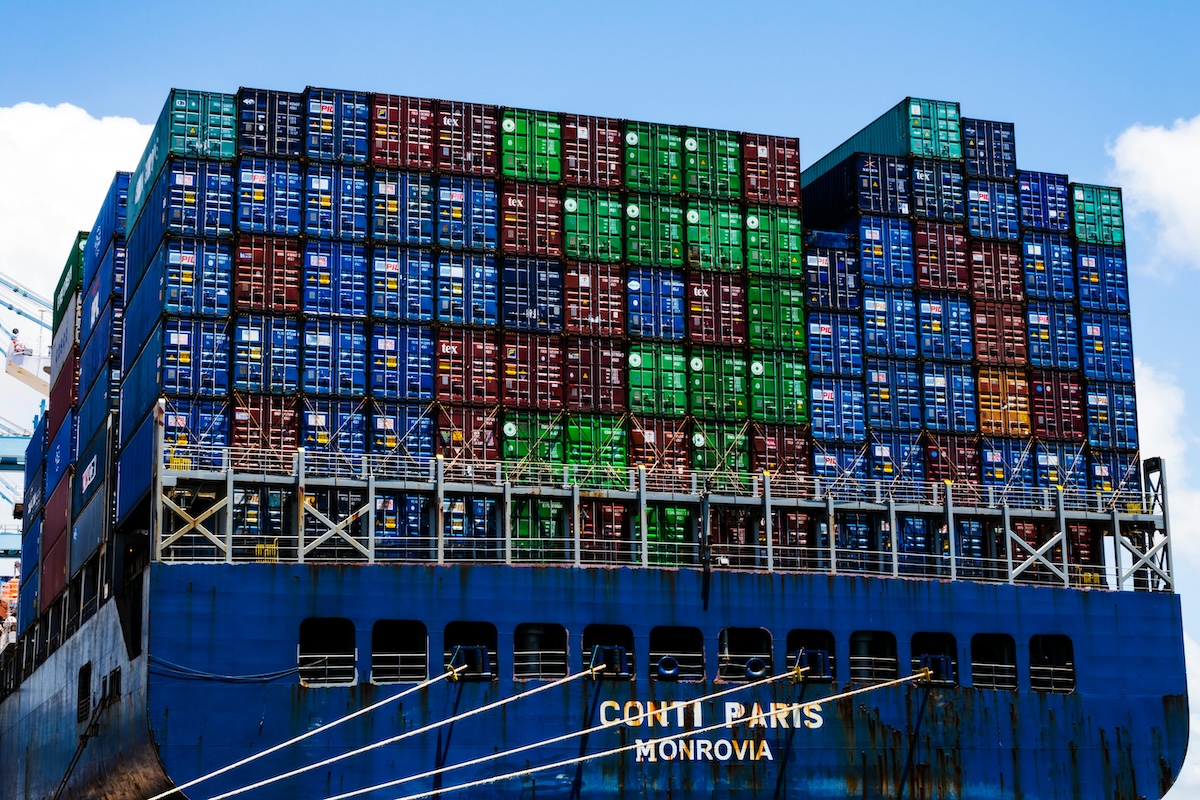Export Control Training

Article Summary
It educates employees on export control regulations, reduces compliance risks, and protects your company’s reputation.
All employees, from executives to line-level staff, should receive training tailored to their roles. Not everyone needs to be an expert in export compliance at the company, but all employees need to be aware of the company’s Export Compliance Program and how to spot and report a red flag.
Training can focus on ITAR, EAR, deemed exports, commodity classification, or general awareness, and can be live or web-based.
Training is recommended during onboarding, annually, or as regulations change, especially during Export Control Reform.
CTP offers live and web-based training tailored to your company’s needs, covering topics like licensing, end-user screening, and classification.
Why Do I Need Export Compliance Training?
Export control regulations can touch on many areas of your business. From order processing, to human resources, to research and development, the activities of your employees can present an export compliance risk for the company. Export control violations can occur in innocuous ways that can put your company’s business and brand reputation at risk.
With that in mind, ask yourself - how knowledgeable are your employees in export controls? Is it integrated into their daily responsibilities or are they unaware that these regulations exist? Whether an individual is an executive decision maker within the company or a line level employee, the actions of each individual can be attributed to the company. Export control compliance training is an opportunity to educate your organization and can help develop the culture of compliance throughout your business.
Who Should Complete Export Compliance Training?
In our experience, we believe compliance training in export controls should be available to all executives and employees within a company. Each individual is considered a representative of the organization, thus posing a risk of a potential export violation. The extensiveness of the export compliance training may vary based on an individual’s role within the company.
What Type of Export Control Training is Available?
The world of export control regulations and compliance training is quite expansive. Export compliance training offerings can focus on particular systems (like the U.S. export control regulations or the European Union), specific jurisdiction (International Traffic in Arms Regulations (ITAR) or Export Administration Regulations (EAR)), specific topics (like Commodity Classification or Deemed Exports), basic awareness training, or user-specific training.

How Often Should Export Control Training Occur?
How often export control training should occur may depend on your company’s preference. It is suggested that all new employees receive export compliance training as a part of their on-boarding process. This suggestion also extends to companies that are in the process of deploying an export compliance system. Awareness training can provide a baseline knowledge of export controls within your organization useful to newcomers to the organization as well as long time employees.
Depending on an individual’s role within the organization, export compliance training may be recommended on an annual basis or habitually over their career. Export control regulations are constantly changing, especially during this key time of Export Control Reform where the jurisdiction of many items are transferring from the Department of State, Directorate of Defense Trade Controls (DDTC) to the Department of Commerce, Bureau of Industry and Security (BIS).
For export control officers within a business, attendance at industry conferences like the Update Conference held by BIS or the SIA Fall Export Conference held annually by the Society for International Affairs is highly recommended as well as staying up to date through industry publications and blogs.
Compliance Services
We provide affordable, right-sized solutions that exactly meet your needs. After the initial tasks are completed, most clients retain CTP on an ongoing basis since we’re like having adjunct staff in perpetual readiness at zero standby cost.
- Product Classification & Jurisdiction
- Policies & Procedure Development
- Licensing Support (DTRADE & SNAP-R)
- Audits at Corporate or Department Level
- Compliance Training (Web-based or Live)
- I-129 Compliance Risk Determinations
- Technical Documents (CCATS, TAAs, VSDs)
Customizable Compliance Tools
While we often provide solutions to clients with existing problems, our primary focus is on preventing those situations with the proactive use of our three customizable compliance tools.
Designed for small and mid-sized businesses, our customizable Manual, web-based Training, and tailored Audit tool promote export control “wellness.” When used together, these customized tools provide a positive cycle that preempts problems and promotes a culture of compliance. They are well explained, but we also provide customization and ongoing compliance assistance.
How Can CTP Help?
Since its inception, CTP has provided cost-effective and customized export control compliance training solutions for companies of all shapes and sizes. CTP offers a range of courses tailored to fit your company’s needs. Example topics include commodity classification, end-user screening, licensing requirements and procedures, and deemed export risks. CTP offers two types of training to meet the needs of your company: live (in-person) training presentations delivered by subject matter experts; and web-based training via CTP’s proprietary Training Portal.
For more information on how CTP can help meet your export control compliance training needs, please contact Rick Phipps, Director of Commercial Business, at 703-683-5806 or rphipps@ctp-inc.com.
Key Points
1. Why is export compliance training important for businesses?
Export compliance training is critical because export control regulations affect multiple areas of a business, including order processing, R&D, and HR. Violations can occur unintentionally, putting the company’s operations and reputation at risk. Training ensures employees understand their responsibilities and helps foster a culture of compliance throughout the organization.
2. Who should complete export compliance training?
All employees, from executives to line-level staff, should receive export compliance training.
- Executives: Need to understand the strategic importance of compliance and its impact on business operations.
- Employees: Should be aware of how their daily activities may involve export controls and the potential risks of noncompliance.
The depth of training should vary based on an individual’s role and responsibilities within the company.
3. What types of export control training are available?
Export compliance training can be tailored to specific needs, including:
- Regulations: ITAR, EAR, or other jurisdiction-specific rules.
- Topics: Commodity classification, deemed exports, end-user screening, or licensing procedures.
Formats:
- Live training: In-person sessions led by subject matter experts.
- Web-based training: Flexible, on-demand training through online platforms.
4. How often should export compliance training occur?
The frequency of training depends on the company’s needs and regulatory changes:
- Onboarding: All new employees should receive basic export compliance training.
- Annual training: Recommended for employees in roles directly involved with export controls.
- Ongoing updates: As regulations evolve, especially during periods of Export Control Reform, employees should receive updated training to stay compliant.
Export control officers should also attend industry conferences, such as the BIS Update Conference or the SIA Export Fall Conference, to stay informed.
5. What additional steps should businesses take to ensure compliance?
- Screen parties: Check all transaction parties against Denied Party Lists to avoid dealing with restricted entities.
- Retain records: Maintain export-related documentation for at least five years.
- Stay informed: Monitor regulatory changes and industry updates to ensure ongoing compliance.
6. How can CTP Compliance assist with export control training?
CTP offers cost-effective, customized training solutions tailored to your company’s needs. Their services include:
- Live training: In-person sessions led by experts on topics like licensing, classification, and deemed exports.
- Web-based training: Flexible, on-demand training through CTP’s proprietary Training Portal.
- Customizable tools: Manuals, training modules, and audit tools designed to promote a culture of compliance.
CTP’s training solutions are designed to help businesses prevent compliance issues, reduce risks, and navigate complex export control regulations effectively.
For more information, contact Rick Phipps at rphipps@ctp-inc.com or (703) 683-5806.










